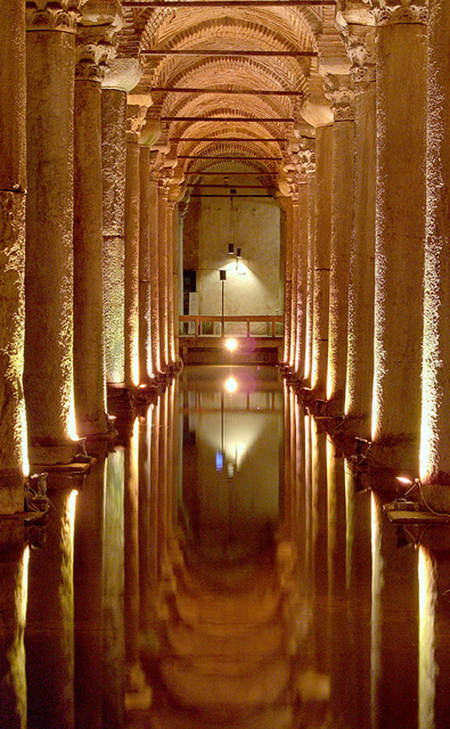In music, we are aware of the existance of eunuch singers towards the end of the first period of the Byzantine Empire in the 5th century AD. Empress Aelia Eudoxia had a eunuch choir master called Brisona, who presumably established the use of the ´castrati´ in Byzantine choirs. Between the 9th and 12th century, we have the example of the choir of the Basilica of Santa Sophia in Constantinople. Some experts say that the Spanish ´falsetti´ sopranos could have been ´castrati´ up until the time when Spain was no longer influenced by the Arabs. There are some centuries that we practically have no documents of and, suddenly, in 16th century Italy, they once again become relevant, when the first castrated children were Spanish. The duke Alfonso II of Ferrara was one of the first enthusiasts of these ´new´ singers. Different popes began to gather this type of singers for their choirs. Apparently, one of the first ones to enter the choirs of the pontiffs was Francisco Soto de Langa, from Spain, in 1562. The great use of these resided in the tones that they could reach, reserved on many occasions for women, who could not sing in the liturgies. Thirty-two popes enjoyed the ´castrati´ in the Sistine Chapel. The practice wasn´t legal or recognized, in fact, many children died due to the infections caused by these traumatic interventions. For those who didn´t accomplish fame, in the best of cases they reserved a place in the choir of some church, and it seems that many were forced to enter prostitution.

Some of the most famous ´castrati´ were Matteo Sassano (Matteuccio), Nicolò Grimaldi (Nicolini), Gaetano Majorano (Caffarelli) and Gioacchino Contio (Gizzielo). The last ´castrato´, Alexandro Moreschi, died in 1922.
Without doubt, the most virtuous one was Carlo Broschi, better known as Farinelli. He studied singing in Naples with Niccolò Porpora. Farinelli had a wide vocal tessitura of a mezzo-soprano, whether it was higher or lower, up to the tessituras of a deep contralto, able to reach do5, the note of a soprano. His debut took place in 1720 and was a huge success, which brought him to perform in multiple European capitals. The public adored his virtuosity and singularity, and was moved with his tonal agility, his sensitiveness and his staging.
In 1737 he entered the court of King Philip V of Spain, who suffered from neurasthenia and melancholy. But when Farinelli sang for him, they say that the king felt such a balsamic effect on his apathy that he asked Farinelli to never leave his side and never sing in public again.
They say that Farinelli was respected by everyone, always surrounded by women, adored everywhere he went. Paradoxically, his death took place after retiring in Bologna in an atmosphere of solitude and nostalgia. They say that the ´castrati´ also had special sensitivity.
The Belgian director Gerard Corbiau took, in 1994, the life of this unique character to the big screen in the film ´Farinelli, il castrato´, a role played by Stefano Dionisi.
The beauty that the city of Venice evokes could remind us of the wonderful legacy that the ´castrati´ left behind, although today, luckily, the voices that we listen to aren´t the result of a surgical intervention. Rent apartments in Venice and enjoy this unique city.

 English
English Translated by: aleixgwilliam
Translated by: aleixgwilliam
